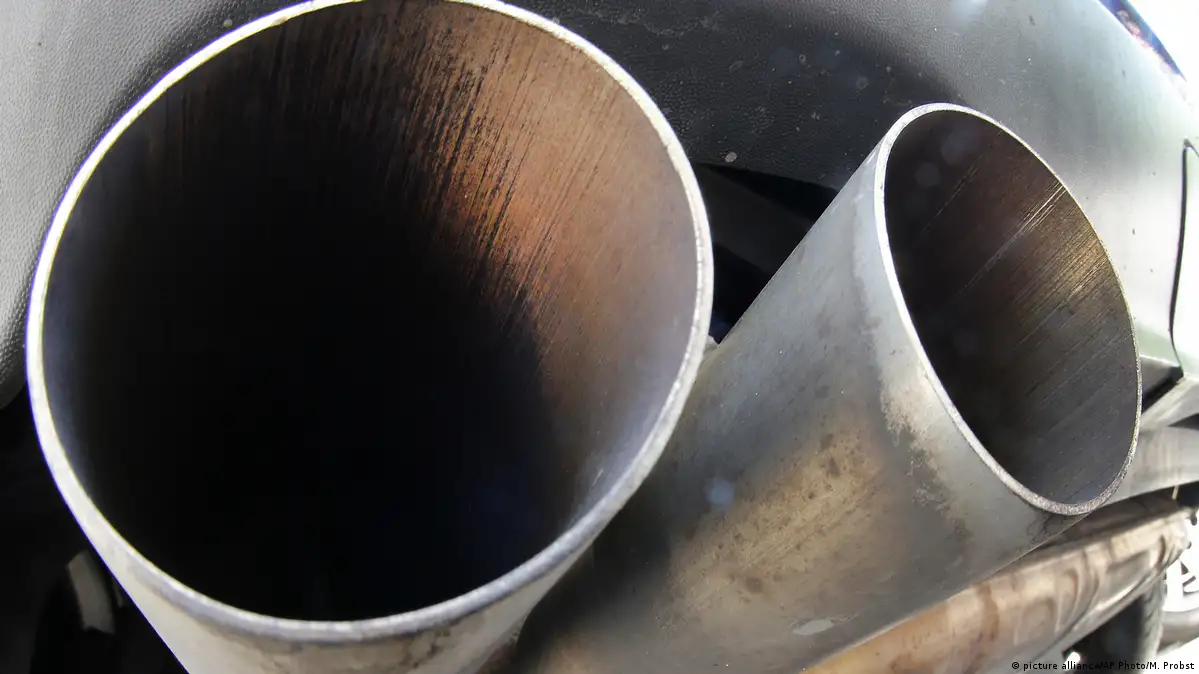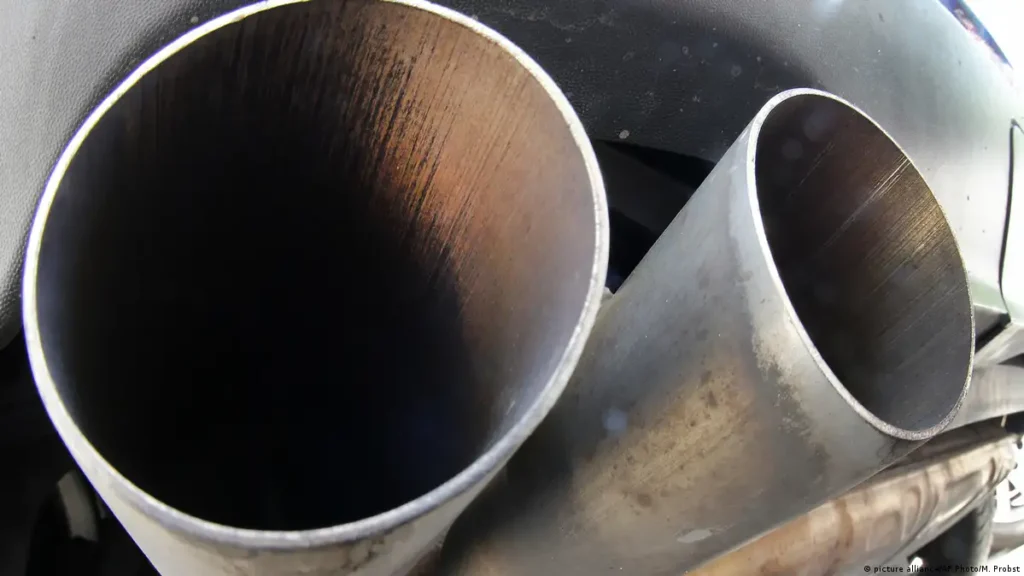The Dieselgate scandal sent shockwaves through the automotive industry when it became known that Volkswagen had intentionally cheated on emissions tests for their diesel vehicles. This scandal devastated the environment and public health, prompting the question: did it have a lasting impact on air quality in the UK?
Impact on Human Health

Source: freepik.com
The links between air pollution and human health are well-established. Elevated levels of pollutants such as nitrogen oxide (NOx) and particulate matter (PM) can cause various health problems, from respiratory issues to heart disease and stroke.
In Europe, it is estimated that air pollution causes over 400,000 premature deaths each year. While it is difficult to attribute individual cases of illness or death to Dieselgate, the scandal’s scale is likely to have contributed to the overall burden of air pollution-related health issues.
For example, a study published by MIT in 2017 found that the excess emissions from the Volkswagen cars affected by the scandal could result in an additional 1,200 premature deaths in Europe throughout their lifetimes. The World Health Organization (WHO) estimated that European ambient air pollution was responsible for over 4.2 million deaths in 2016 alone.
Moreover, Dieselgate may have had a disproportionate impact on vulnerable groups. People living in areas with elevated levels of air pollution are more likely to be from lower socio-economic backgrounds. They may also be more susceptible to health problems due to factors such as poor nutrition and limited access to health care.
Impact on Environment

Source: euractiv.com
Air pollution has a significant impact on the environment. NOx and PM contribute to smog, acid rain, and global warming. They also damage crops and forests, making them more vulnerable to disease and pests. Acid rain can also make bodies of water too acidic for plant and animal life to survive.
Furthermore, air pollution is contributing to climate change, and as a result, global temperatures are rising at an alarming rate. This has a knock-on effect on ecosystems, causing species to die out and water supplies to be affected. Even with new regulations in place to limit NOx and PM emissions, the effects of the scandal will continue to be felt for years to come.
Legal Consequences
The Dieselgate scandal has also had legal consequences. Volkswagen has paid billions of dollars in fines and compensation to customers. The company has also faced lawsuits in many countries, including Germany, the UK, and the USA. Other car manufacturers, including BMW, Mercedes, and Audi, have been implicated in similar scandals.
Several UK law firms are assisting car owners impacted by the emissions scandal in filing diesel emission claims for rightful compensation. Authorities are also continuing to crack down on emissions cheating, with many emissions defeat device suppliers getting fined and taken to court.
The UK Government’s Response

Source: dw.com
The government implemented several measures to combat the rise in air pollution caused by the Dieselgate scandal. One such measure was the implementation of the Ultra-Low Emission Zone (ULEZ) in London, which required vehicles travelling in certain parts of the city to comply with strict emissions standards to avoid paying a daily charge. The ULEZ has been effective in reducing air pollution, with nitrogen dioxide levels falling by 29% in the first year of operation.
Other measures included the introduction of clean air zones in areas with elevated levels of pollution, tightening of emissions regulations, and launching initiatives to encourage drivers to switch to cleaner vehicles. The government also announced plans to ban all sales of new petrol and diesel cars and vans by 2035, encouraging the uptake of electric and hybrid vehicles.
However, environmental campaigners have criticised these measures, claiming they are insufficient, and that the government needs to take more drastic action to combat air pollution, like holding manufacturers to account for diesel claims and imposing heavy sanctions on those that fail to follow regulations.
The Long-Term Effects

Source: freepik.com
Although the UK government has taken steps to combat the rise in air pollution caused by the Dieselgate scandal, it remains to be seen whether these measures will be enough to reduce emissions to a safe level. The long-term effects of diesel emissions on the environment and public health are still unknown, and it may take years to fully understand the implications of the scandal.
The Dieselgate scandal has likely affected the public perception of diesel vehicles in the UK. According to the Department for Transportation, the number of diesel cars sold in the UK fell to 38.5% in 2019 as consumers have switched to more environmentally friendly options such as hybrid and electric vehicles.
Moreover, the problem is not unique to the UK. It is a global issue, with diesel emissions causing air pollution problems in many parts of the world. The Dieselgate scandal has highlighted the urgent need for national and international action to reduce emissions and protect public health. To get more information on how you can take action, go to Emissions.co.uk today.



